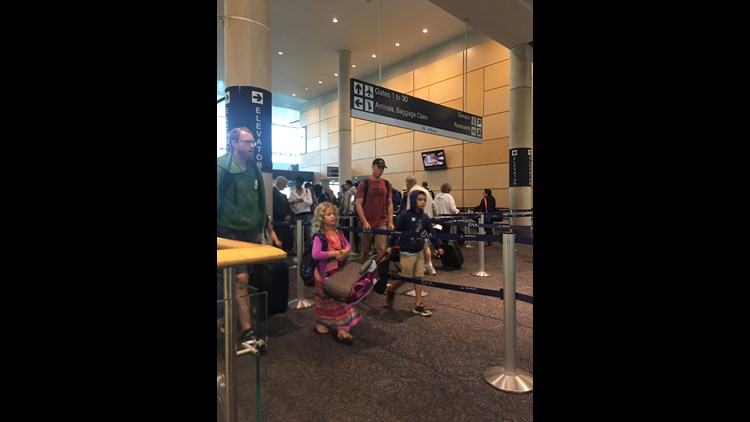HARTFORD — The Supreme Court decided to allow a limited version of President Donald Trump‘s ban on travelers from six Muslim majority countries, including, Iran, Libya, Somalia, Sudan, Syria, and Yemen.
Following the announcement of the limited ban, the Connecticut chapter of the Council on American-Islamic Relations, also known as CAIR-CT, responded by issuing a travel alert to Connecticut Muslims, as well as local businesses and schools, with connections to citizens
The Executive Director of CAIR-CT says because this anti-Muslim ban is motivated by bigotry, that no part of the ban should take effect for any length of time.
CAIR-CT also warned citizens of the six targeted countries who are present in Connecticut as lawful permanent residents, students, workers, or tourists to consult with an immigration attorney before traveling overseas.
THE CAIR National office in Washington DC informed families, schools and businesses that they can continue to sponsor foreign nationals from the six Muslim nations to travel to the United States in some circumstances, and Foreign nationals who want to visit relatives inside the country will also still be able to obtain visitor visas to travel to the US.
CAIR-CT is working with ACLU to organize a town hall meeting with the community in hopes of informing people about how this ban will impact people.
In a statement, CAIR National Executive Director Nihad Awad said:
“Today’s decision by the Supreme Court ignores the anti-Muslim bigotry that is at the heart of the travel ban executive orders and will inevitably embolden Islamophobes in the administration to expand efforts to target the Muslim community with unconstitutional and counterproductive policies. It also ignores the almost-unanimous rejection of the Muslim ban by lower courts due to its religious intolerance and racial animus.
“While the court continued blocking those parts of the Muslim ban that would prevent entry for anyone with a ‘credible claim of a bona fide relationship with a person or entity in the United States,’ it has opened the door to legal chaos and official overreach in embassies and at the border.
“We will work with our civil rights partners to offer a legal and legislative response as the Muslim ban moves forward on the ground and in the Supreme Court.”



